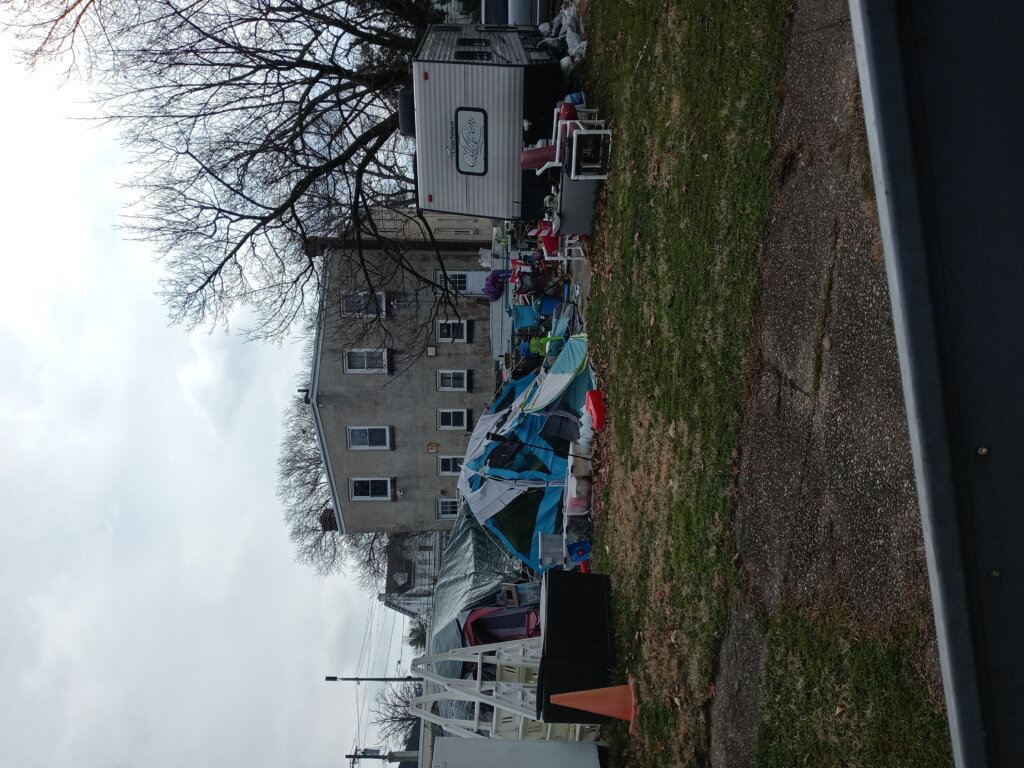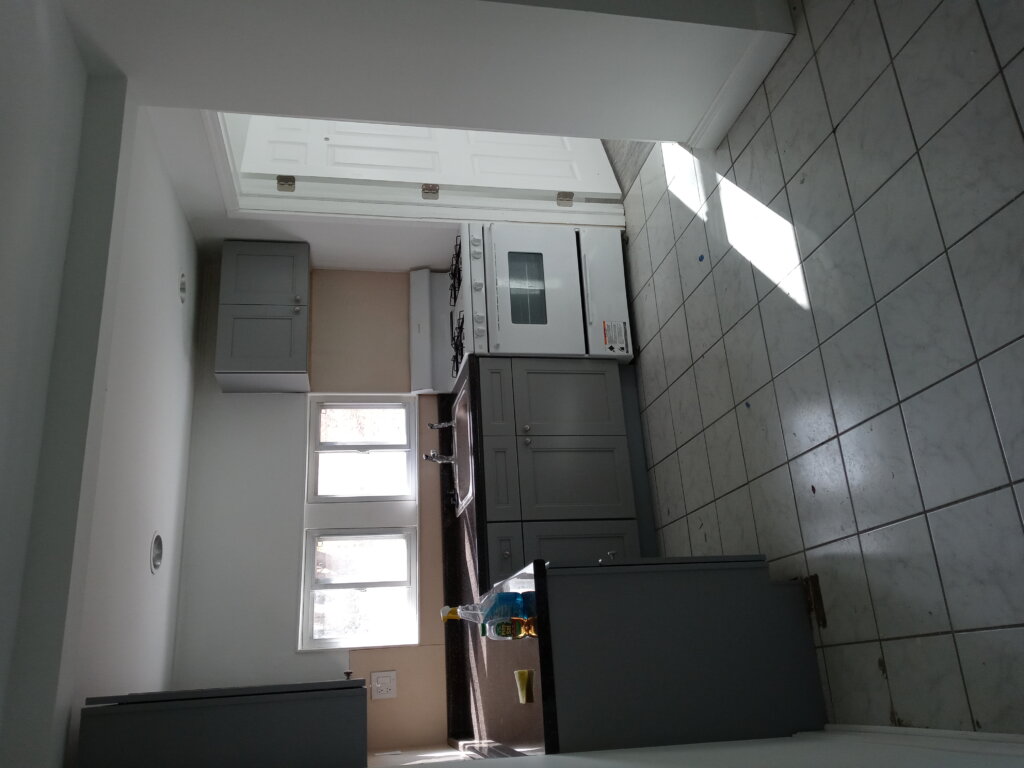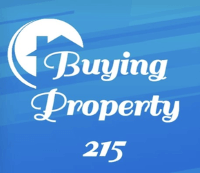Receive An Offer Today, Sell In Less Than 21 days…
How to Sell My Inherited Home?
So, you want to sell your inherited house; while this may sound exciting, the reality is less than fun. The truth, however, is that you have inherited expenses along with the house. Unfortunately, well-intentioned loved ones often leave their property in their will to beneficiaries who are already struggling to afford their monthly bills. Often, these homes are in severe distress and require much upfront cash flow for repairs to turn into low-maintenance properties in the long term. {Sell Inherited House in Any Market | Inherited House Fresno}
Perhaps you already have your dream home and have no interest in residing in the property but feel a sentimental attachment. While it is understandable, the value of memories won’t pay for the reality of carrying the cost of an inherited house. This rough reality often leads to the decision to begin the probate process and sell the property.
Whatever you decide to do, don’t delay caring for the property. An excellent place to begin managing your inheritance is locating the contact and payment details on existing expenses.
We’ve gathered a list of typical monthly payments to help you with a starting point. Then, read about the costs of holding onto an inherited house in the United States and how to probate estate!
What is Are Costs of Inheriting a House in Fresno?
Taxes on Inherited Property
Property taxes will still be due on the property when you hold onto an inherited house. These tax payments may or may not be a part of your monthly mortgage payment. Even if the mortgage is free and clear, annual property taxes will always be due. They will likely rise significantly because tax collectors will reset the rate at the current market value.
- Inheriting a house in Fresno may have taxes.
- The amount owed depends on the house’s value, your relationship to the deceased, and whether you sell or keep it.
- If you sell, you may owe capital gains tax on the difference between the fair market value and the purchase price.
- If you keep it, you may owe property tax, state estate tax, and inheritance taxes.
- Consult a tax advisor for more information on the tax basis.
Insurance Cost on Inherited House
Depending on the amount remaining on any mortgage, you may be responsible for mortgage and property insurance while holding onto an inherited house Fresno.
- Inheriting a house means you’re responsible for all costs, including insurance.
- Homeowners insurance protects you from financial losses if your home is damaged or destroyed.
- Compare quotes from several companies to find the best coverage at the best price.
- Ensure the policy covers your home’s replacement cost and includes liability coverage.
- Please read the policy carefully before you purchase it.
- Ask questions if you have any concerns to understand the details thoroughly.
Insurance can give you peace of mind, knowing you’re protected.
Assumption of Mortgage on Inherited Houses
To assume a mortgage, you need the lender’s approval, pay a fee, and agree to the loan terms. In addition, you will be responsible for the loan balance, may pay higher interest, and may need private mortgage insurance (PMI). Therefore, it is essential to talk to a lender to understand the risks and benefits of assuming a mortgage before deciding if it is the right option.
Here are some of the risks of assuming a mortgage on real property:
- First, you may be responsible for the entire loan balance, even if the seller owes more on the house than it is worth.
- You may have to pay higher interest rates than the seller was paying.
- You may have to pay private mortgage insurance (PMI), an insurance policy that protects the lender if you default on the loan.
Here are some of the benefits of assuming a home mortgage:
- First, you may be able to get into a home sooner than you could if you had to apply for a new loan.
- You may be able to avoid closing costs, which can be expensive.
- You may be able to get a lower interest rate than you would if you had to apply for a new loan.
It is essential to weigh the risks and benefits of assuming a mortgage before you decide if it is the right option for you. Then, talk to a real estate agent and lender to learn more about the risks and benefits of taking a mortgage.
“Many beneficiaries do not understand how much it costs to hold an inherited property for even one month. As a cash buyer based in Denver, CO, I have been privy to many heirs who were inundated with bills, mortgage payments, and maintenance costs draining their savings accounts. Home buying companies like BuyingProperty215 allow owners to sell their inherited homes fast, stop bleeding their hard-earned savings, and pocket the cash, to have new and exciting adventures in memory of their loved one,” said Shaun Martin, owner of a home buying company in Denver, CO. “The speed at which a professional home buying company can close allows owners not only to sell fast but also to save heirs thousands of dollars. It is a real treat to see legitimate home buyers in action, providing this kind of service.”
Standard Utilities Costs on Inherited Home
While you are not forced to pay the utility bills under the deceased’s name, if you reside in an inherited house in Philadelphia and the surrounding suburbs, you will want to keep the payments timely. Otherwise, they would become a lien on the property and be taken out of the profits when you sell the home.
What is the Cost of Letting Property Sit?
As a property remains vacant, it begins to fall apart, especially during the winter, with the tempters reaching low digits. The longer a property sits, the more house repairs are to the list of unnecessary costs. Most of the time, individuals receive an inherited home, the water supply is left active, and the pipes freeze, costing thousands of dollars to replace.
Average Maintenance Cost on Inherited Property
The maintenance cost of letting a property sit can vary depending on the size and condition of the property, as well as the location. However, in general, it is essential to budget for at least the following costs:
- Property taxes
- Insurance
- Utilities
- Security
- Maintenance and repairs
- Pest control
- Lawn care
- Snow removal
If the property is vacant, it is also essential to factor in the cost of vandalism and theft. Sometimes, paying a property manager to oversee the property may also be necessary.
The total cost of letting a property sit can be significant, so it is essential to consider all potential costs carefully before deciding.
Yard Upkeep Cost on Inherited Homes
It is often effortless to tell which homes are vacant because the yard has become unmanaged, adding to the distressed appearance. Unless you have extra time, you must ensure the yard is appropriately maintained when holding onto an inherited property.

Sell Inherited House Fast
You May Owe More Taxes than Anticipated
Most people don’t have to worry about estate tax because of the very high exemption (in the millions), and the federal estate taxes were even temporarily suspended in 2010. But also mostly suspended in 2010 was the step-up provision.
So, in considering what can go wrong when you inherit a house in Pennsylvania or California and when you intend to sell your home fast, you need to consider the stepped-up capital gains situation.
The step-up provides that you pay capital gains taxes only on the gains above the fair market value at the date of the decedent’s death. It has nothing to do with the price the decedent paid for the house – unless the step-up fell in one of the years when it was changed. In that case, you may owe more taxes than you want.
Sell Inherited Home Since Mortgage May Be Bigger Than You Thought
Generally, in the past, when an elderly parent or relative passed, the mortgage on their house was paid off. These days, it’s common for older adults to take out a reverse mortgage on their homes to make up for low retirement funds. We have even noticed secondary mortgages taken out before the loved one dies.
Mortgage companies and lenders are everywhere, so it is much easier for people to take out the equity they built in their homes to have more cash. We also do not know what life may throw at us; that is another reason we may use the equity in our homes.
You need to be aware that heirs cannot assume a reverse mortgage. And in the case of a standard mortgage, you can take the mortgage only if you live in the house yourself. So, if you intend to rent the house, you may have to refinance it in your name.
The Inherited House May Need Repairs and Upgrades
This one may be the costliest concerning what can happen when you inherit a house in Pennsylvania or inherited house Fresno, California. Most of the time, people inherit a home or other real estate in California from a deceased elderly parent or close relative.
Unfortunately, besides not having the physical ability to perform maintenance and upgrades, many older adults don’t have the money for it either. And if they do, they may choose not to because they know they won’t live in the house for many more years.
This may not be a huge concern if you plan to live in an inherited house. But if you intend to rent or sell it, you’ll have to make repairs to make it presentable and upgrades to bring it up to code and meet other legal and insurance requirements.
Installing a new HVAC system or re-wiring the house will involve a lot of money and may be deducted from the car bank account. There are also extended overdue plumbing concerns you may come across—even just old cabinets, outdated flooring, and walls. When you inherit this home from a loved one, you may not have the time or money to dump into renovations or updates. It is already stressful if you own a home and have to focus on your property, but handling another may be more than it is worth.
You May Have Problems with Relatives and Joint Heirs
But what if you’re not the only heir? That can be a problem. Suppose you and your siblings inherited the house jointly. If you want to sell it, your brother may want to rent it, and your other brother lives in it himself. You can see what a powder firework waiting for a spark is, especially if there’s a surviving spouse.
In most states, joint heirs of a home are considered tenants in common, and one heir can force a sale if it comes to that during the court supervised process. However, the process is expensive, and the emotional and familial consequences are likely highly unpleasant when held in joint tenancy.
Is it Worth it to sell the Inherited House Fresno?
Unless you have a plan for the property, it may be best to sell an inherited house. Buying Property 215 will pay you a great price, guide you through the process, and close when ready. Suppose you don’t feel that you can handle the emotions of going through the possessions of your loved one to clean out the property. In that case, you can leave everything in place or take what you like. Buying Property 215 will handle the rest for you when we buy houses. Call us at [215-359-6090] or send us a message today!


